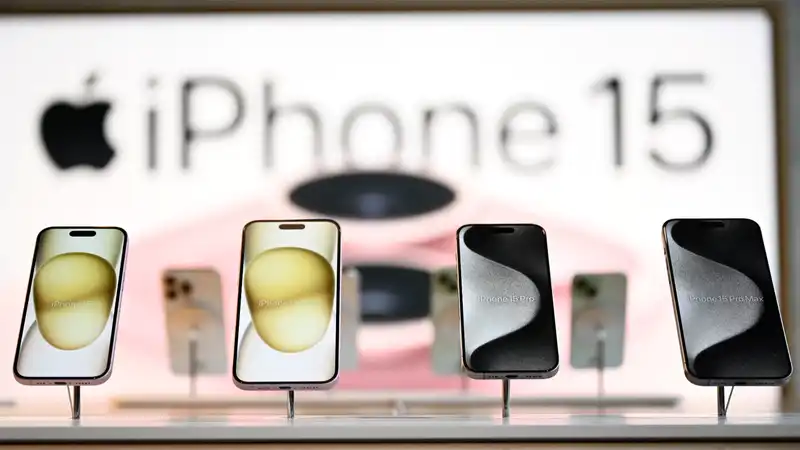Apple's ongoing legal battle with the governments of the European Union and the United States is slowly making its way through the courts Back in March, the US Department of Justice, along with attorneys general from 16 states, filed an antitrust lawsuit against Apple, claiming that the dominance of iOS prevents iPhone owners from obtaining apps outside of Apple's approved channels
This week, Apple finally responded through a court filing, stating that the antitrust lawsuit has "nothing to do with reality" In the filing, Apple asked a federal judge to throw out the lawsuit
"The implausibility of the government's claim that Apple's conduct has reduced smartphone competition is underscored by the complaint's implicit recognition that the smartphone market exhibits continued innovation and vigorous competition," Apple argued in its filing
The lawsuit alleges that Apple is monopolistic by making it difficult to switch to different phones, stifling middleware, stifling innovation, and inhibiting communication via iMessage
"Consumers should not have to pay higher prices because a company violated antitrust laws," US Attorney General Merrick Garland said when he announced the lawsuit in May We argue that Apple has maintained its monopoly power in the smartphone market not simply because it has a competitive advantage, but because it has violated federal antitrust laws If left unchecked, Apple will continue to strengthen its smartphone monopoly"
As reported by Bloomberg, Apple denies the allegations as a monopolist The company claims that it sets conditions for developers to access iOS, but does not interfere with deals with rivals like Samsung and Google
"Apple faces stiff competition from other smartphone makers around the world, including Google and Samsung," Apple's lawyers argued in court this week
If the government prevails, major changes could be made to the iPhone and iOS However, there are still months, if not years, before this lawsuit is resolved
And this is not just Apple Google and Meta are also facing lawsuits or having to comply with new, tougher laws from the EU While the US is lagging behind in laws to restrict big tech, President Joe Biden's Justice Department is more aggressive than previous administrations when it comes to monopolies and high tech
US District Judge Julian Neils, appointed by Biden, is scheduled to hear Apple's motion to dismiss later this year Apple's request to dismiss is not surprising; most companies do so, but it is rare for a judge to dismiss a lawsuit filed by the government










Comments